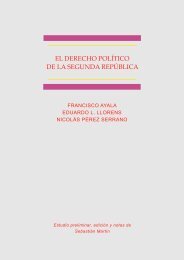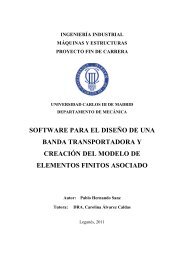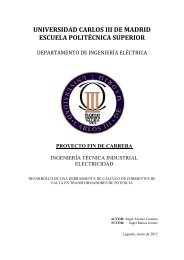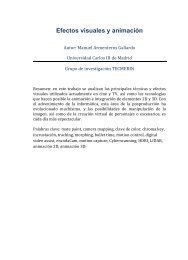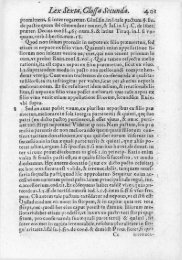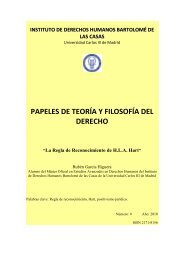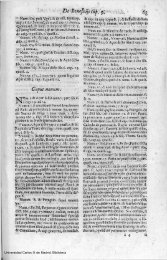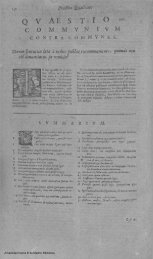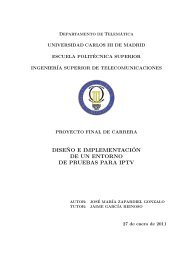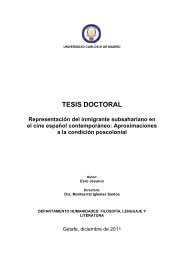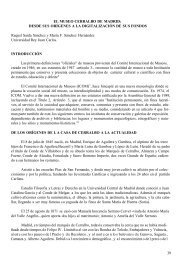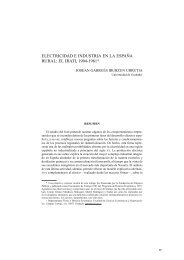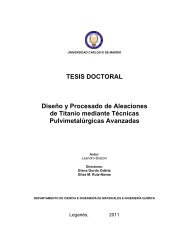Land tenure inequality, harvests, and rural conflict ... - e-Archivo
Land tenure inequality, harvests, and rural conflict ... - e-Archivo
Land tenure inequality, harvests, and rural conflict ... - e-Archivo
You also want an ePaper? Increase the reach of your titles
YUMPU automatically turns print PDFs into web optimized ePapers that Google loves.
“stormed” the cortijos (Cobo Romero, 2003: 252). In Mancha Real, marauding<br />
groups of strikers forced the “permanent” workers to go on strike (Cobo Romero,<br />
2003: 253). In the general strike of June 1934, <strong>conflict</strong>s between strikers <strong>and</strong><br />
permanent cortijo workers were common (El Sol, 6 June 1934).<br />
In other cases, invasions responded to practices that contributed to the<br />
smoothing of income throughout the year, for example the compulsory hiring of<br />
unemployed workers m<strong>and</strong>ated by mayors (“laboreo forzoso”) or the gleaning of<br />
olives at the end of the olive harvest (the so called “rebusca”). During the 2 nd<br />
Republic, the collective contract for the olive-picking season established the starting<br />
date of gleaning when a quarter of the olives had already been harvested. In fact,<br />
however, it was impossible to determine exactly when a quarter of the olives had been<br />
picked up (Aparicio Albiñana, 1936: 41). Workers, employers, mayors <strong>and</strong> prefects<br />
had different incentives to determine when gleaning could start. Workers could use a<br />
mayor authorization to start gleaning without the permission of owners (Pérez Yruela,<br />
1979: 149). Prefects, especially in Jaén, struggled to control the workers <strong>and</strong> appease<br />
the l<strong>and</strong>owners (Aparicio Albiñana, 1936: 25; Martín Villodres, 1932: 32-3).<br />
Interpretations also changed over time: in Jaén, in November 1931, restrictions on<br />
“rebusca” were lifted in the case of children <strong>and</strong> those older than 60 (El Sol, 25<br />
November 1931). Yet in January 1932, rebusca was banned (El Sol, 17 January<br />
1932). The practice of rebusca is behind several documented episodes of collective<br />
trespassing in Jaén.<br />
Actions revolving around the issue of the so-called compulsory cultivation<br />
were also surrounded by ambiguities. In order to deal with the problem of seasonal<br />
20



